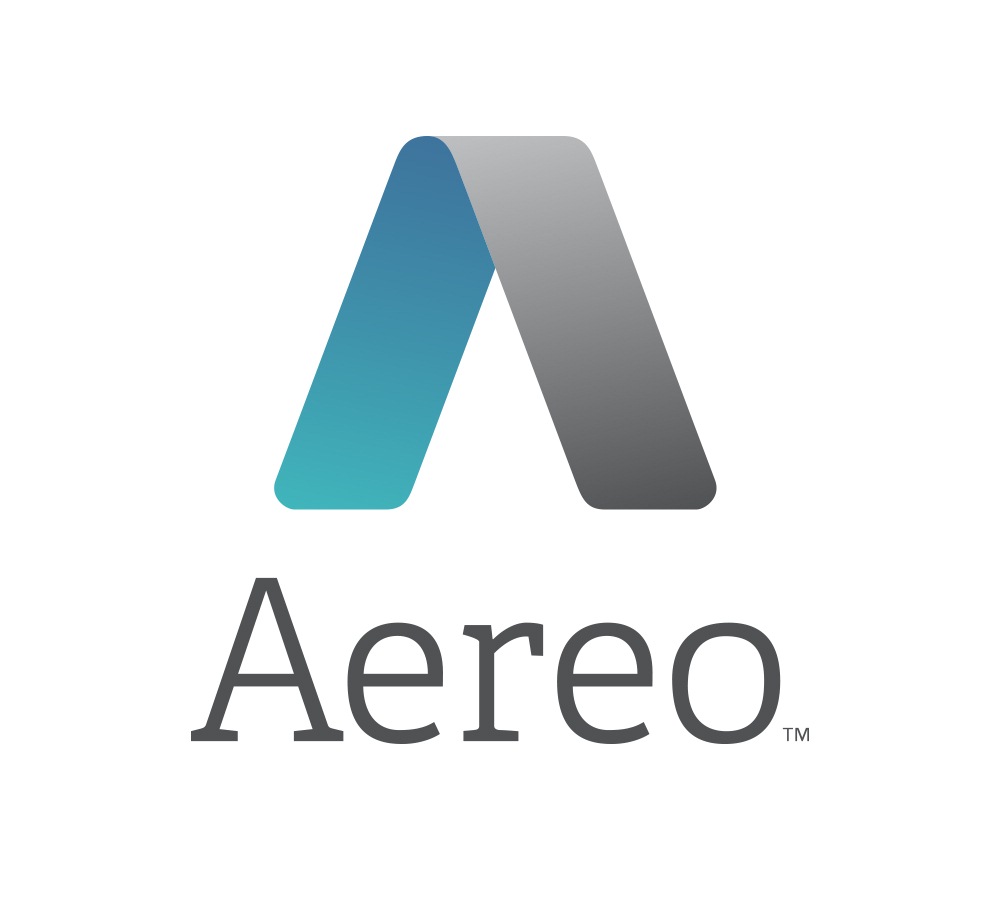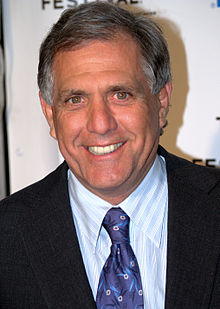
As we inch closer towards the Supreme Court of the United States’ (SCOTUS) ruling in the American Broadcasting Companies Inc, et al, v. Aereo Inc., the debate has heated up once again. Essentially, Aereo, “allows people to pay for their service and then receive clear streams of live broadcast television stations on their smart phone, tablet, computer or other connected device and record them.”1 In a nutshell, Aereo collects free, over-the-air television signals in all the major markets – currently New York City, Boston, Atlanta, Salt Lake City, Miami, Houston, Dallas, Detroit, Salt Lake City, Cincinnati, Baltimore, San Antonio, and Denver – and transmits these signals to a user’s cloud DVR. While that may not seem like that big of a deal, according to the plaintiffs Aereo’s service circumvents the various fees and regulations imposed on rebroadcasting services – think Hulu and Netflix. Also, Aereo essentially provides users with a de facto access to the MLB and NFL full-season out of market season packages.
Thus far, Aereo has faced numerous lawsuits in various lesser courts throughout the U.S., and has won every single one. While Aereo could have avoided having the SCOTUS even hear the case, the company is behind the decision. According to a Huffington Post article:

Leslie Moonves
In a relatively unusual step, Aereo urged the high court to hear the case even though it won in the lower court because it would like a definitive answer on the issue.2
However, the case took a strange turn on February 13, 2014. On that date, CNBC’s David Faber interviewed CBS Corporation CEO Leslie Moonves on “Squawk on the Street.” During the interview, Moonves noted that Aereo poses no real threat to the second largest broadcaster in the world. Below is a selection from the transcript of the interview (emphasis added).
Look, we expect that the Supreme Court will do the right thing and side with the people who are providing the content. Not the people who are taking our content and using it illegally, which is our point of view. However, if that should happen, if the worst should happen, there are so many other alternatives that will not—so this will not affect our bottom line. Obviously the networks collectively could do their own version of Aereo, there’s a way to put our signal on cable without putting it over the air. There’s also over-the-top for us. So, there are many, many alternatives to allow people to receive our signal no matter what happens. It’s something that the Supreme Court will decide, but it’s not anything that we’re deeply concerned about because we have alternatives.3
The plot thickens. The SCOTUS should reach a decision by June of this year. We will keep you updated.
- TechFaster, “Could Aereo Mean The End Of Free NFL And Free MLB Broadcasts?” ▲
- Lawrence Hurley, Huffington Post via Reuters, “Supreme Court Will Hear Aereo Case As Streaming Debate Rages On,” 10 January 2014. ▲
- CNBC.com, “CNBC Transcript: CNBC’s David Faber Speaks with CBS Corporation CEO Leslie Moonves Today.” ▲

